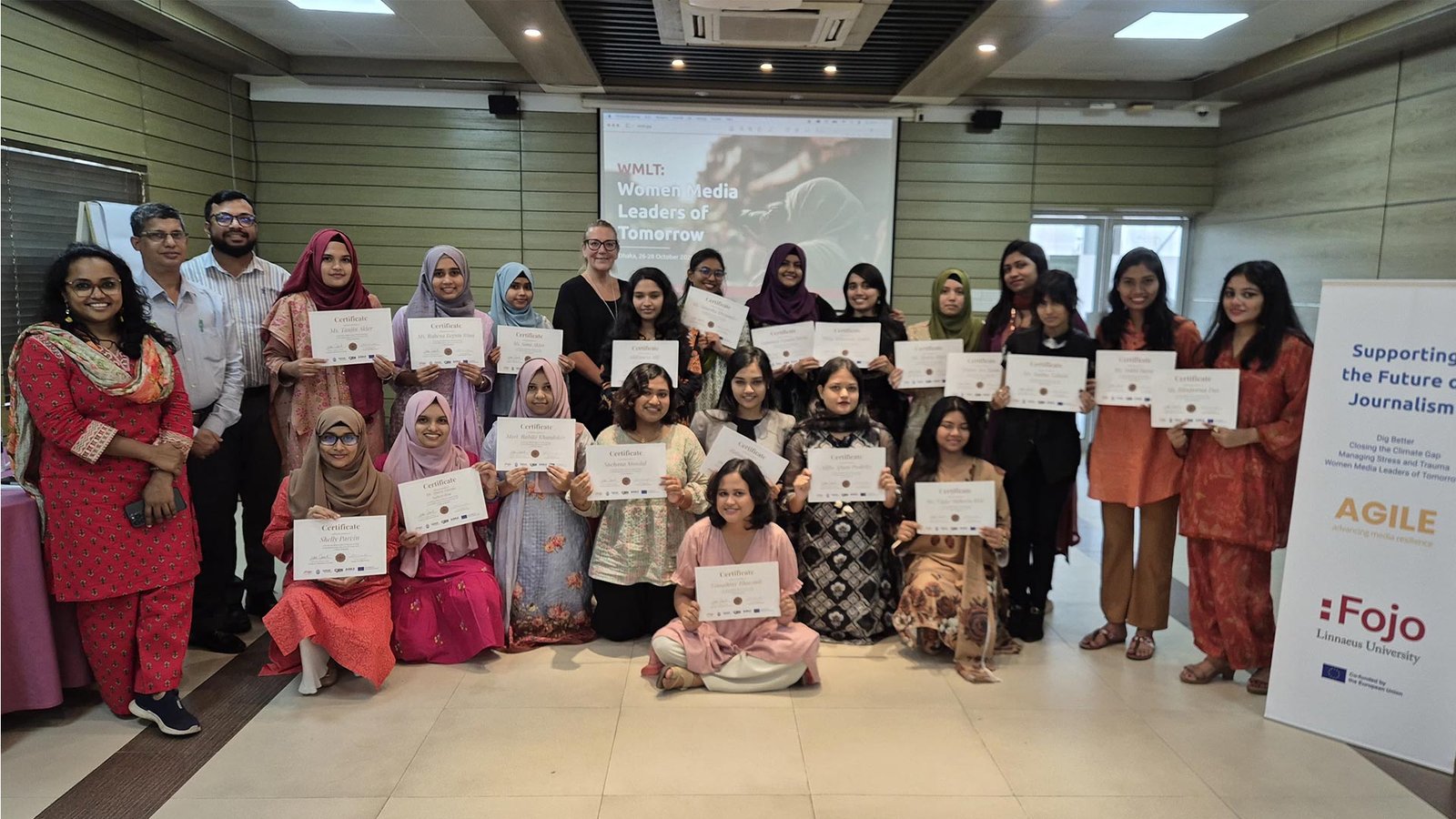Dhaka, Bangladesh (23 July 2023)—The Media Studies and Journalism Department (MSJ) of the University of Liberal Arts Bangladesh (ULAB) has recently published a white paper on the Policy Regulation for a Sustainable Growth of Bangladesh’s Entertainment Industry.
The main objectives of this white paper are to discuss the trends relating to Bangladesh’s entertainment industry and to provide a range of approaches that may be utilized to regulate the said sector. In this manner, stakeholders would be in the best position to decide what regulatory measures should be set in place to ensure the industry’s sustained growth.
The white paper states that the prospects of the entertainment industry are bright. However, many stakeholders have expressed concerns that heavy-handed regulations may affect the growth of the sector. The government needs to exercise its role in safeguarding national and public interests. But it should create an enabling environment that allows market players to feasibly operate, satisfy the entertainment needs of its citizens, and ensure the advancement of the entire industry.
ULAB Media Studies and Journalism Head and ULAB Pro Vice Chancellor Professor Jude William Genilo, PhD, Associate Professor Sarkar Barbaq Quarmal, PhD, and Assistant Professor Muhammad Abdul Kader, PhD have jointly contributed in drafting the whitepaper.
On a special note, Prof. Jude William Genilo emphasized that Bangladesh should strike a balance in its regulatory approach in order to provide an enabling environment for the industry. He also mentioned it to be wise to observe Asia’s leaders–China, Japan and India–in terms of their strategies in providing cultural services.
Dr. Barbaq has mentioned his concerns about the threat of heavy-handed policy regulation in the context of the growth of the industry. On this note Dr. Kader added that a heavy-handed approach may even violate the country’s constitutional guarantees, particularly Article 39 on freedom of thought, conscience, speech and press.
The whitepaper earnestly urges for a multi-stakeholder approach that employs a variety of participants to partake in dialogue, decision-making, and implementation of the responses to jointly conceived problems.



